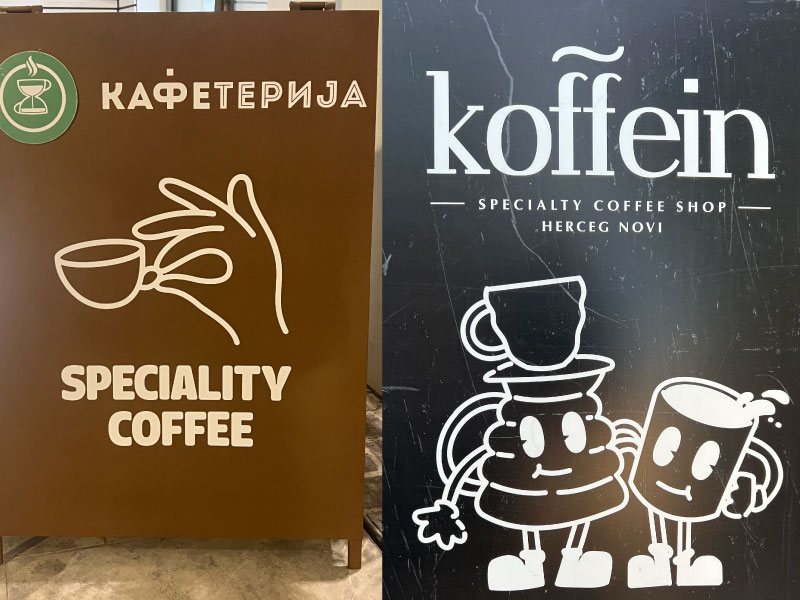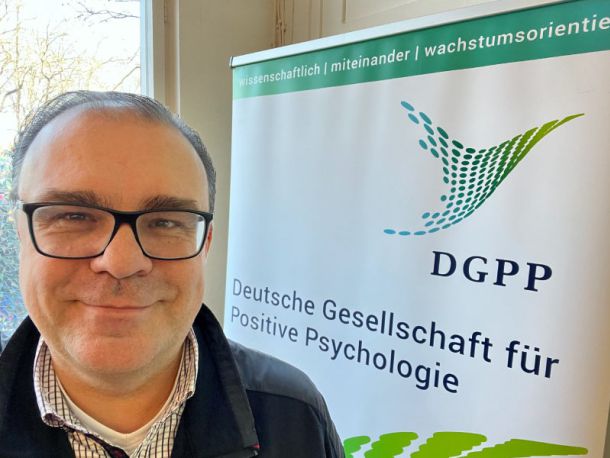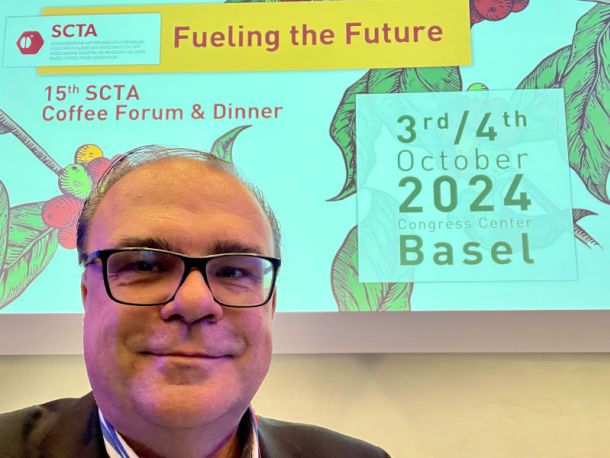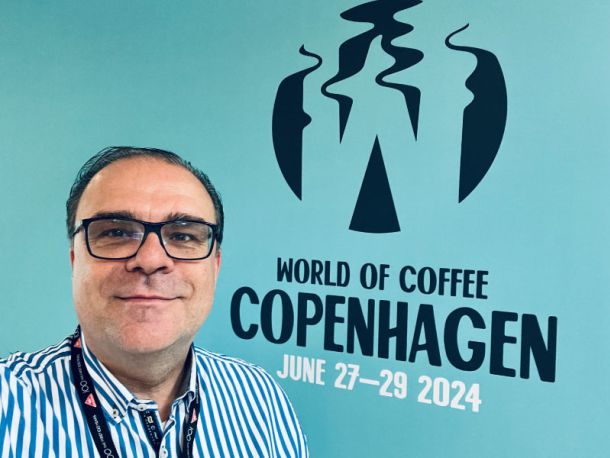Dear Coffee Lovers, "Zdrav" from Montenegro’s Coffee scene: Where time slows down and culture speeds ahead.
When you walk through the old streets of Kotor, sit on a terrace in Budva, or stop at a café along Podgorica’s bustling Bulevar Svetog Petra Cetinjskog, one thing becomes clear: coffee isn’t just a drink in Montenegro - it’s a way of life.
Montenegro’s café culture has deep roots in the Ottoman and Mediterranean traditions, but it has been quietly evolving into something distinctly modern. The old image of kafa sa društvom - long conversations over a small, strong cup - still holds true. Yet alongside these traditional bars, we’re seeing a wave of specialty coffee shops, barista-driven concepts, and modern urban cafés popping up, especially in Budva, Kotor, Tivat, and Herceg Novi. What’s changing?
Specialty coffee growth: Young entrepreneurs are opening third-wave coffee shops, often using beans from Brazil, Ethiopia, or Colombia, but also experimenting with regional Balkan roasters.
Design-led cafés: spaces are becoming more Instagrammable - Scandinavian minimalism meets Adriatic charm - attracting a younger, digital-savvy audience. Café as workspace: remote workers and digital nomads, drawn to Montenegro’s lifestyle and favorable visa policies, are turning coffee shops into co-working spaces.
Cold brew & iced trends: with warmer summers and tourism peaks, cold brews, iced lattes, and coffee cocktails are finding their place next to the classic espresso and Turkish style kafa.
What’s unique here?
In many European capitals, coffee shops are about speed - takeaway cups, laptop screens, and queues. In Montenegro, even with modern influences, coffee remains anchored in slow living. Locals will spend an hour or two over a single cup, watching the world go by. This is more than just hospitality - it’s a cultural rhythm. The coffee shop here is the living room of the city.
Why it matters
Montenegro is in the middle of a hospitality and tourism boom, and coffee culture is part of its soft power. The blend of old-world rituals with modern café concepts makes it an emerging micro-market to watch for regional roasters, coffee equipment suppliers, and hospitality investors.
If you’re in the coffee business and want to understand how tradition and innovation can co-exist - Montenegro is a living case study.





